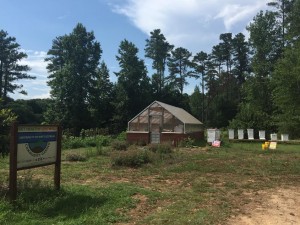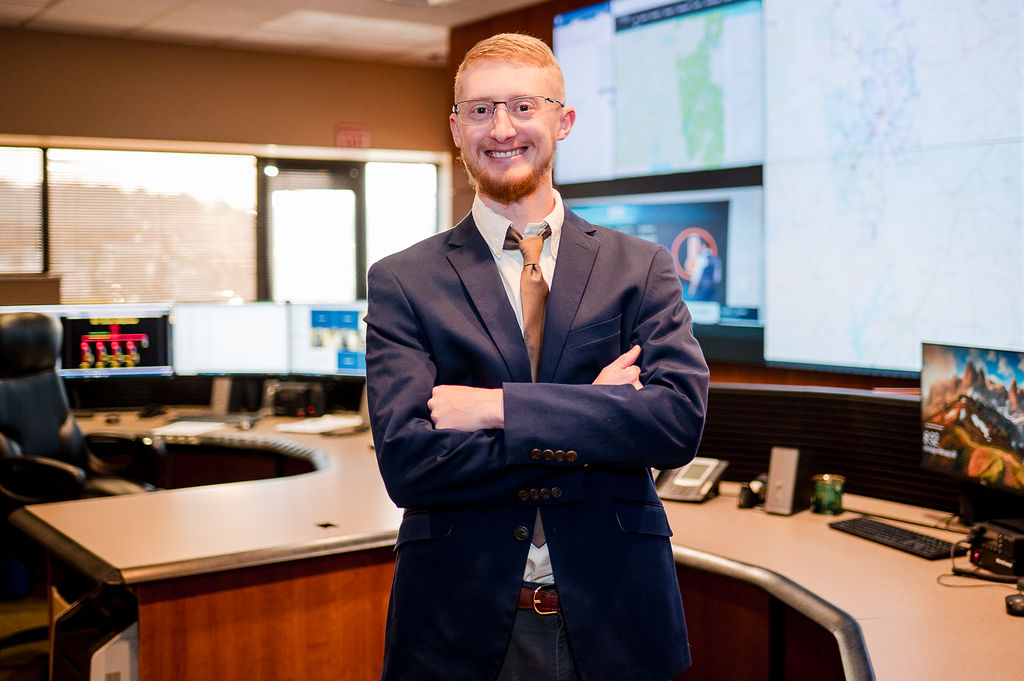
What began as an experiment for undergraduate research has cultivated into a honeybee colony that is over 300,000 strong. However, success was not ensured from the beginning. Dr. Gregory Payne of the Biology Department at the University of West Georgia started this experiment with three bee hives. Between learning the ropes of beekeeping from scratch and fighting against the inevitable seasonal changes, Dr. Payne’s lost his original hives.
The ensuing fives years have consisted of a constant struggle between buying and losing hives with limited success between. A leading frustration to the success of the hives has been a lack of able volunteers to provide appropriate maintenance to the hives. With the goal of educating both the community and the undergraduates at UWG on honeybees, a properly maintained colony is a must. However, the number of volunteers is not the only setback. Funding has been difficult as well. The best outcome is to have the hives sustainable enough to produce honey to be sold to provide the funding needed to continue the project.
Dr. Payne has attempted splitting the hives with hopes of increasing the numbers of bees. When the hives become too crowded, the colony becomes at risk of swarming which will put the management of the hives at a greater risk. In the fall of 2015 there were two hives on campus. Today there are fifteen hives consisting of a number between 30,000 to 40,000 bees per hive.
Dr. Payne and the UWG Biology Department have held workshops sponsored by the West Georgia Beekeeper Association with turnouts of four to fifteen people. These workshops provide those eager to learn about beekeeping with the hands-on experience of what it takes to handle honeybees. Dr. Payne is waiting for a USDA official to perform a walk-through inspection to better ensure the success of the hives.
The honeybee hives are located along the walking trail behind Tyus Hall on the UWG campus. Dr. Payne said visitors should feel free to visit at a distance with caution and observe these wonderful hives. For information regarding volunteering and upcoming events, please contact Dr. Gregory Payne at [email protected] or Marilynn Parker of West Georgia Beekeepers Association at [email protected]





